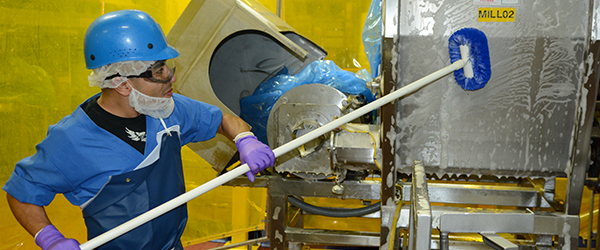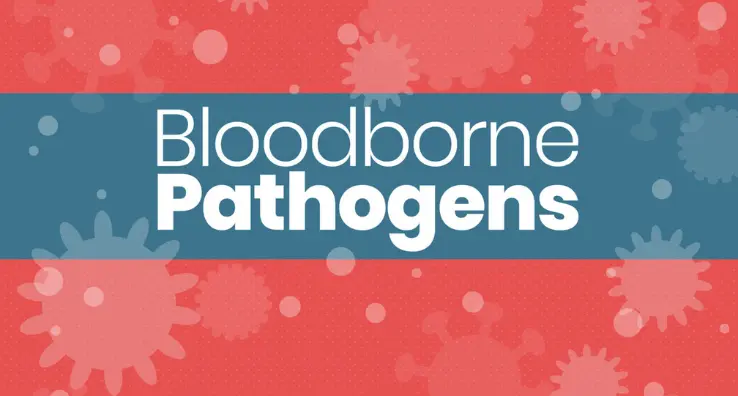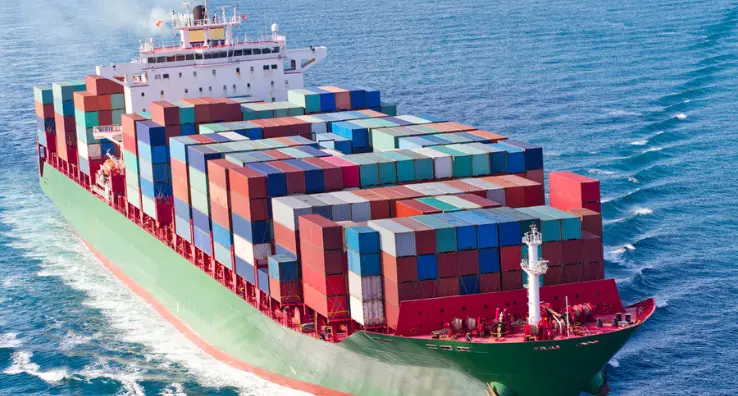Smart Action by Your Frontline Is Key to Effective Cleaning and Sanitation Operations

Food processing companies go to great lengths to clean and sanitize their facilities frequently. Many plants devote an entire shift with dedicated sanitation crews to accomplish this important task. Cleaning and sanitation crews must know how to dismantle equipment, which chemicals to apply, and when and how to apply those chemicals effectively—all within a specified schedule of frequency of cleaning and sanitation. So, what could go wrong with this routine task?
The FDA contracted with researchers to conduct an extensive literature review of current food safety problems and identify the preventive controls needed to address them. The expert findings identified “deficient employee training” and “poor plant and equipment sanitation” as two of the top four food safety problems faced by food manufacturers. The most frequently mentioned preventive controls with broad applicability across sectors and food safety problems included ongoing and targeted training on cleaning and sanitation procedures. It’s clear that the important task of cleaning and sanitation needs additional focus in order to reduce food safety risks.
Doing it right—the first time
Obviously, it’s critical for the complex set of sanitizing steps to be completed correctly the first time around to ensure both food and employee safety and to maintain productivity and product quality. Companies depend on the knowledge and confidence of their employees to complete the cleaning and sanitation job correctly—and to do it safely. In the development and execution of this training, it is important to recognize the diverse workforce in these key job roles—multi-cultural, diverse languages, and range of age groups. Engaging training backed by consistent reinforcement and on-the-floor coaching provides workers with both the critical knowledge of cleaning and sanitation SOPs and the confidence to put that knowledge into action correctly the first time, every time.
Ecolab, a leading provider of sanitation programs and technical expertise, and Alchemy, a market leader in frontline workforce optimization, identified this industry challenge and developed highly engaging training modules designed specifically to produce both knowledge and confidence and propel smart action by food processing employees. Training can be delivered either in a group-based setting or through eLearning for flexibility and minimized interruption of daily operations. Knowledge checks are incorporated to confirm employee understanding of the critical learning objectives and to reinforce that understanding.
A culture of safety and profitability
Of course, a certain amount of foundational knowledge and understanding is required for any food processing worker involved in sanitizing procedures. These tailored training programs build a knowledge base, including an understanding of the need for frequency and thoroughness, knowledge of the types of contaminants that must be eliminated, specific purposes of the chemical disinfectants and sanitizers in use, and factors that can compromise successful cleaning.
But required knowledge doesn’t start and stop with cleaning basics and SOPs. Understanding chemical safety, including labeling, chemical data safety sheets, and actions to avoid when working with chemicals, is critical to worker safety and is integral in these training offerings.
Intensified focus on food safety doesn’t have to negatively impact throughput and profits. With captivating food and worker safety-focused training packages built especially for their processing frontlines, companies will be able to protect the health and safety of consumers while optimizing operational performance.






